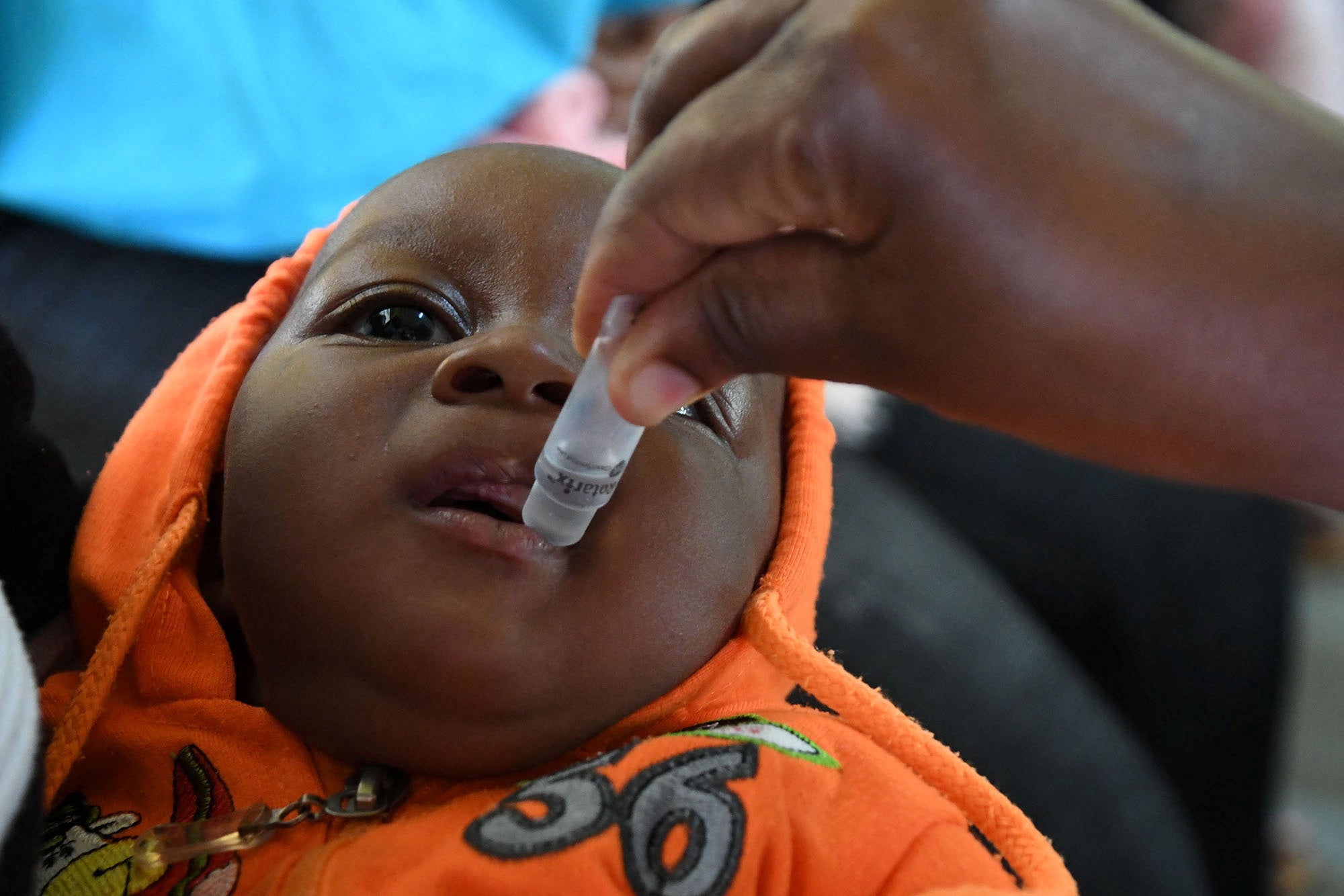Basing health decisions on credible data
The 2023 World Health Assembly was an opportunity to highlight the importance of using evidence to shape health programs and policies – with several African nations leading the way

The World Health Assembly, which recently took place in Geneva, Switzerland, was an opportunity to highlight the importance of health data in making more effective decisions.
According to Exemplars in Global Health (EGH), a program run by Gates Ventures that aims to help policymakers use evidence-based data to make informed decisions about global health, what can't be measured can't be managed. "Countries that have used evidence to inform policy and put in place strong performance management systems have achieved better results," said Niranjan Bose, Managing Director of Health & Life Sciences at Gates Ventures.
In Africa, certain countries illustrate how the availability of reliable data can lead to better results in the health sector.
Senegal is a case in point. "Senegal has taken effective measures to improve data quality, capacity building for real-time data collection and analysis, operational research and epidemiological surveillance," said Dr. Ibrahima Seck, Head of the Preventive Medicine and Public Health Department at the Faculty of Medicine, Pharmacy and Dentistry, Cheikh Anta Diop University, Dakar.
According to Dr. Seck, this strategy has made it possible to develop a monitoring system to more rapidly identify gaps in vaccination coverage and better target service delivery. "Vaccination methods in Senegal are often adapted to the different needs of the population, for example by increasing frequency in vaccination centers and organizing vaccination sessions in- fixed displaced strategy, or advanced or mobile strategy," said Dr. Seck, who was Dr. Awa Marie Coll-Seck's chief of staff during her tenure as Senegal's minister of health.
Another example is Tanzania. According to EGH, the southern African country has identified clear indicators to measure health system performance. The data it has collected has helped define quality improvement plans for 7,000 healthcare facilities in 26 regions. "This example shows that disciplined use of data promotes accountability at all levels of management, which can lead to more informed decisions," said Bose.
Yet, Bose added, in most parts of the world, one of the major challenges in this area remains limited or fragmented access to reliable, high-quality public health data.
Dr. Seck also warned: "The absence or inadequacy of data hampers the correct monitoring and evaluation of program performance and consequently the decision-making capacity of public health managers. It also increases the risk that resources will not be allocated efficiently."
Experts are therefore encouraging African researchers and governments to strengthen their data production capacities in the health sector.
For Dr. Rhoda Wanyenze, Research Fellow at the School of Public Health, College of Health Science at Makerere University in Kampala, Uganda, one of the most effective ways for researchers to increase the likelihood that the data and results of their studies will be taken into account by decision-makers is to establish a partnership with policy makers from the outset of the research. "This approach enables a shared-value partnership where researchers can ensure that they are meeting the needs of decision-makers and giving them information that they can use in a timely manner wherever possible," Dr. Wanyenze said.
She cited the example of Uganda, where collaboration between Makerere University School of Public Health's Infectious Diseases Institute, the Uganda Virus Research Institute and the Ministry of Health enabled the country to better manage the COVID-19 pandemic and the recent Ebola epidemic. According to Dr. Wanyenze, "Uganda was able to capitalize on the lessons learned and systems developed from previous epidemics," including Ebola and Marburg virus disease.
So much so, she continued, that "at the start of the COVID-19 pandemic, Ugandan officials relied on existing data systems, enabling the country to rapidly develop new solutions as needed" to contain the pandemic. Uganda's success was the subject of an article in the August 2022 edition of WHO's Monthly Operational Update on COVID-19, a newsletter produced by the WHO to provide information on the global response to COVID-19.
For his part, Bose also highlighted the example of Zambia to invite the countries on the continent to make long-term commitments to a culture of using data for decision-making.
In the mid-1990s, he noted, the Ministry of Health of Zambia created an entire department dedicated to measurement and evaluation to improve and sustain data management. "This department offers regular training and workshops to health facility staff on health information systems and the tools used in data management, equipping front-line health workers with resources to empower local decision-making," he said.
According to an article published on the EGH website, this approach has made Zambia an Exemplar.
Editor's note: This article originally appeared in SciDev.Net. It has been translated from the original French and edited for length and clarity.
How can we help you?
believes that the quickest path to improving health outcomes to identify positive outliers in health and help leaders implement lessons in their own countries.
With our network of in-country and cross-country partners, we research countries that have made extraordinary progress in important health outcomes and share actionable lessons with public health decisionmakers.
Our research can support you to learn about a new issue, design a new policy, or implement a new program by providing context-specific recommendations rooted in Exemplar findings. Our decision-support offerings include courses, workshops, peer-to-peer collaboration support, tailored analyses, and sub-national research.
If you'd like to find out more about how we could help you, please click . Please consider so you never miss new insights from Exemplar countries. You can also follow us on Twitter and LinkedIn.
